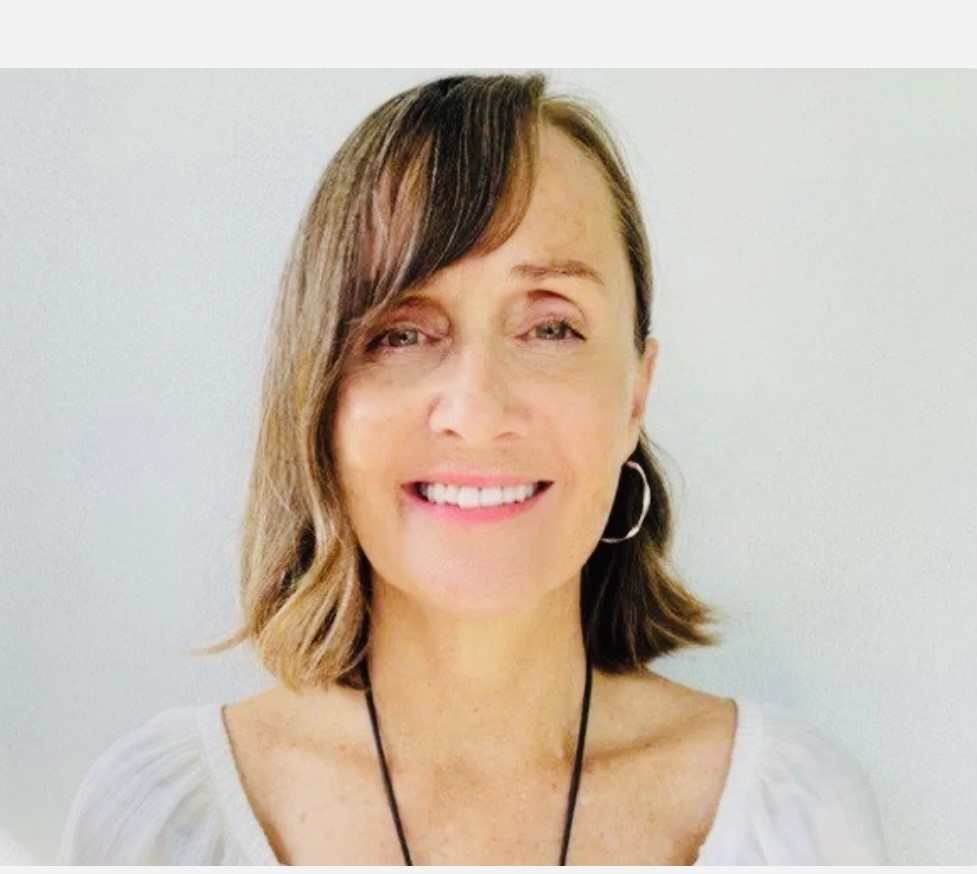
A few years after the sudden death of my nine-year-old son, I was stopped at a red light when I felt a wave of anxiety move over me. My heart began to race, my mouth went dry and within a few seconds, I felt a panic set in. At the time, I did not know that I was having an anxiety attack, but my first reaction was to run, seek safety and distract myself from these overwhelming feelings. Even though my son's death was a few years earlier, the anxiety moving through me was simply a build-up of my grief, fear and shock, and now this was being expressed in my body.
According to the National Institute of Mental Health, one in three people will experience an anxiety disorder. One reason this anxiety continues to grow in our society is because of our separation between two worlds: our current environment, which is one of busyness, stress and addiction to social media, and our disconnection to healing, nature, tribe and ceremony.
Anxiety is part of our in-built survival instinct. When we are faced with a threatening situation, our brains and bodies respond to protect us. Our adrenaline starts pumping, our heart starts racing and we enter flight or fight mode. However, if this is occurring daily when there is no danger, then we need to address this and understand why. When we ignore these feelings, which is our body's way to warn us and signal there is something wrong, at some point like my experience at the stoplight, this stored energy will release unexpectedly and overwhelm us.
Turning Towards My Anxiety
The sensations of anxiety made me feel like I was going to die, and as my fears heightened, I could feel panic set in. It took me a long time to understand that it was my fear of it, and the resistance of my anxiety, that kept it alive in me. Claire Bidwell Smith in her book, Anxiety: The Missing Stage of Grief, says, "Grappling with anxiety is like driving a car on an icy road. When the car begins to skid, you need to turn with it, in order to gain control, rather than trying to veer away."
Intense anxiety can make you feel as though you're dying of a heart attack as it causes frequent panic attacks. These attacks vary from person to person as there are different types of anxiety disorders, each manifesting a unique set of physical symptoms. It is common for people with a generalized anxiety disorder to be constantly worried even though there is no reason for them to worry. Most of the time, their levels of anxiety shoot up when they think of their family, health, finances, work or future.
Social anxiety disorder, otherwise known as social phobia, increases your heart rate and causes intense anxiety, fear and discomfort during social situations. Similarly, separation anxiety disorder makes interacting with others an ordeal. This type of anxiety disorder is common in children. Research shows that one-third of these cases progress to a mental illness if left untreated.
Acknowledging the presence of anxiety is the only way to break free from it. As I turned towards my anxiety, rather than running away from it, I began to practise being still in nature and doing daily meditations. At first, it was extremely uncomfortable, and in these spaces, I became painfully aware of my busy mind and my fears. Often, my mind felt like a freight train that would not slow down, and the impulse to move away from this was overwhelming.
The more I practised slowing down and breathing through my anxiety step by step, I noticed how it began to pass and move through me. The more I practised this strategy, the less fear I held around an attack.
Anxiety creates panic and uncertainty and keeps us attached to the stories and the illusions of our mind. Often the last thing we feel like doing when we feel overwhelmed or anxious is to slow down and focus on our breath. However, this is exactly what will destroy the power that anxiety has over us.
Achieving Freedom From Anxiety
The road to my freedom was a daily practice in stillness. It was a space where I learned to breathe out my overwhelming feelings and move into the fullness of this moment. In stillness I would remind myself, 'I was safe,' 'I was supported' and 'I would receive what I needed.'
Taking the time to nurture our feelings and anxiety is the first step towards healing. Of course, there will always be 'quick fixes' for our stress, anxiety and depressive symptoms, but they are simply that, 'quick fixes', and are not long-term healing strategies towards healing and peace.
Sometimes we are told that it is 'not normal' to feel overwhelmed, or that we should not feel this much fear or anxiety. But the fact is we do feel overwhelmed and anxious and so, we need to address this in our reality. If we ignore it, it may lead to long-term health issues like PTSD, anxiety disorders or depression.
To work with your anxiety, the first step is always taking the time to slow down and assess what is triggering these attacks. You may not have control of the feelings of anxiety when they arise in you, but you do have control of how you react to them and to understand why they are here.
When you feel your levels of anxiety arising in you, step outside. Sit down on the grass and place your hands on the earth to ground your energy. Take some deep slow breaths in and out. Allow your body to relax and settle into this space. As you feel your body calm, start to breathe out this anxious energy out of your body. You can do this by feeling where the anxious energy is in your body. For example, you may feel it in your chest, stomach or abdomen. With each exhale, breathe out this energy locked in your body and out into the earth. Repeat this step until you feel your body relax and rebalance.
Once you understand you have the power to heal and overcome all obstacles and challenges in life, you will begin to step out of your current limitations and into your highest potential.
Namaste,
Karen Lang










